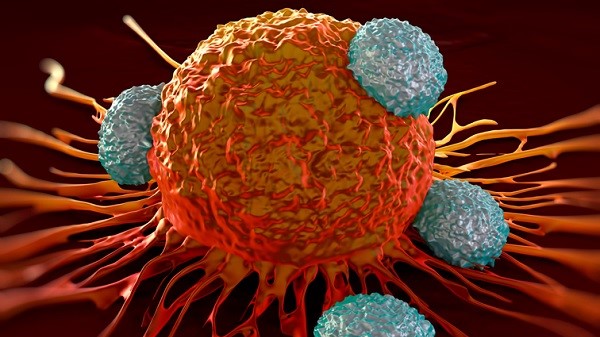Seagen and Genmab file 'trojan horse' drug with FDA for cervical cancer

Seagen and Genmab have announced they have filed their antibody-drug conjugate tisotumab vedotin with the FDA for patients with recurrent or metastatic cervical cancer.
The companies are asking for an accelerated approval based on phase 2 data, which will have to be confirmed by data from a larger trial that will provide survival data.
The filing is based on findings of the innovaTV 204 phase 2 single-arm trial, in 101 patients with recurrent or metastatic disease previously treated with doublet chemotherapy and Roche’s Avastin (bevacizumab) if appropriate.
Results announced at the European Society for Medical Oncology (ESMO) conference in September showed a 24% confirmed objective response rate (ORR) by independent central review with a median duration of response (DOR) of 8.3 months.
Approved therapies for this group of patients result in limited objective response rates of typically less than 15% with median overall survival ranging from six to 9.4 months.
The most common treatment-related adverse events (greater than or equal to 20%) included alopecia, nose bleeds, nausea, conjunctivitis, fatigue and dry eye.
The companies have already begun a phase 3 trial, innovaTV 301, to test whether the response rates translate into an improvement in overall survival, with progression-free survival as a secondary goal.
Tisotumab vedotin is made up of a toxic drug attached to the tail end of an antibody. The antibody is designed to seek out a receptor called ‘tissue factor’ – present at high levels on the surface of many cancer cells and linked with worse survival. Binding to tissue factor draws the drug inside cancer cells, where it can kill them from within.
The drug has been described as a “Trojan horse” thanks to its ability to sneak inside cancer cells.
UK researchers led phase 1/2 development of the drug and told pharmaphorum that it could be used against a wide range of cancers.
Professor Johann de Bono, Regius Professor of Cancer Research at The Institute of Cancer Research and consultant medical oncologist at The Royal Marsden NHS Foundation Trust, told pharmaphorum in an interview: “Our early study shows that it has the potential to treat a large number of different types of cancer, and particularly some of those with very poor survival rates.”













